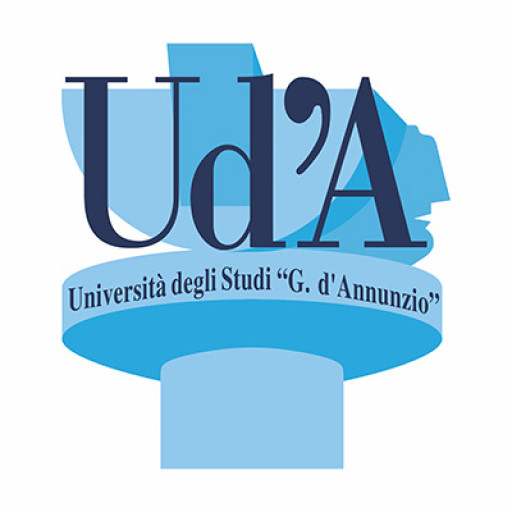Photos of university / #RutgersU
The Master of Arts in Cultural Heritage and Preservation Studies at Rutgers University offers a comprehensive interdisciplinary program designed to prepare students for careers in the preservation, management, and interpretation of cultural heritage. This graduate program combines coursework in history, archaeology, conservation, museum studies, public history, and policy to equip students with a well-rounded understanding of the theories and practices essential for sustaining and promoting cultural resources worldwide. Whether aiming to work in museums, heritage organizations, government agencies, or private consulting, students gain critical skills in preservation techniques, cultural site management, digital documentation, and community engagement. The program emphasizes hands-on experience through internships, research projects, and collaborations with local and international heritage sites, allowing students to apply their knowledge in real-world settings. Faculty members are distinguished experts in their fields, offering mentorship and guidance to foster scholarly growth and professional development. Graduates of this program will be prepared to address contemporary issues in cultural heritage preservation, including issues related to cultural diversity, sustainability, and technological innovation. With a curriculum that balances theoretical foundations and practical applications, students will develop the competencies needed to advocate for and effectively manage cultural resources in a rapidly changing global environment. The program is suitable for those passionate about history, archaeology, art conservation, and cultural policy, and seeks to cultivate professionals dedicated to safeguarding cultural memory for future generations.
- 30 credits (9 at 600 level)
- Two required courses: 6 credits
- Four electives in three areas: 12 credits
- Internship/Field work component: 6 credits
- Thesis project: 6 credits
- Proficiency in one foreign language at intermediate level
Two courses are required core courses:
- Seminar in Cultural Heritage Preservation
- Development and Preservation in Large Cities: An International Perspective or Historic Preservation in the US: History and Evolution
Four elective courses must be selected from the following general categories:
- Theoretical/Historical Aspects of Cultural Heritage Preservation
- Approaches to Managing and Sustaining Cultural Heritage
- Values, Stakeholders and Custodianship
- Administration/Ethics and Policy Issues
Courses originating in the Department of Art History and courses anchored in other departments and units can be used to fulfill this requirement. Many courses fill requirements in more than one category. Students choose which category they want a course to satisfy in consultation with their advisor. The internship/fieldwork component is designed in consultation with the advisor and must be approved by the Director of the program.
The foreign language requirement may by fulfilled by providing evidence of successful completion of two years of a foreign language beyond the introductory level or by passing a language exam in any language useful to the student's area of study. Reading courses are available from the various language departments at the university. The exam should be completed by the end of the student's first year.
- Online application
- $70 nonrefundable application fee
- One official transcript from each postsecondary institution attended
- Three letters of recommendation
- GRE and TOEFL
- Personal statement
Scholarships
- The Ralph Johnson Bunche Distinguished Graduate Award
- Global education
The Rutgers University offers a comprehensive program in Cultural Heritage and Preservation Studies designed to equip students with the necessary knowledge and skills to thrive in the fields of conservation, preservation, and cultural management. This interdisciplinary program combines coursework in history, archaeology, museum studies, architecture, and law to provide a well-rounded educational experience. Students engage with practical preservation techniques, learn about the legal and ethical considerations involved in safeguarding cultural assets, and explore the economic and social impacts of heritage management. The curriculum typically includes internships and fieldwork opportunities, enabling students to gain hands-on experience at cultural institutions, historical sites, and conservation laboratories. The program aims to prepare graduates for careers in museums, cultural agencies, archaeological sites, and heritage organizations, or for advanced graduate study. Rutgers’ location in New Jersey provides access to a rich array of historical sites and cultural institutions, enhancing experiential learning and professional development. The faculty members are esteemed experts in the field of cultural heritage, offering mentorship and cutting-edge research opportunities. Students are also encouraged to participate in international projects and collaborations, broadening their global perspective on conservation issues. The program emphasizes sustainable practices and the importance of preserving cultural diversity, fostering a sense of responsibility towards safeguarding global heritage for future generations. With a combination of theoretical study, practical application, and professional preparation, Rutgers’ Cultural Heritage and Preservation Studies program is dedicated to developing knowledgeable and skilled professionals who can make meaningful contributions to the preservation of cultural history worldwide.








